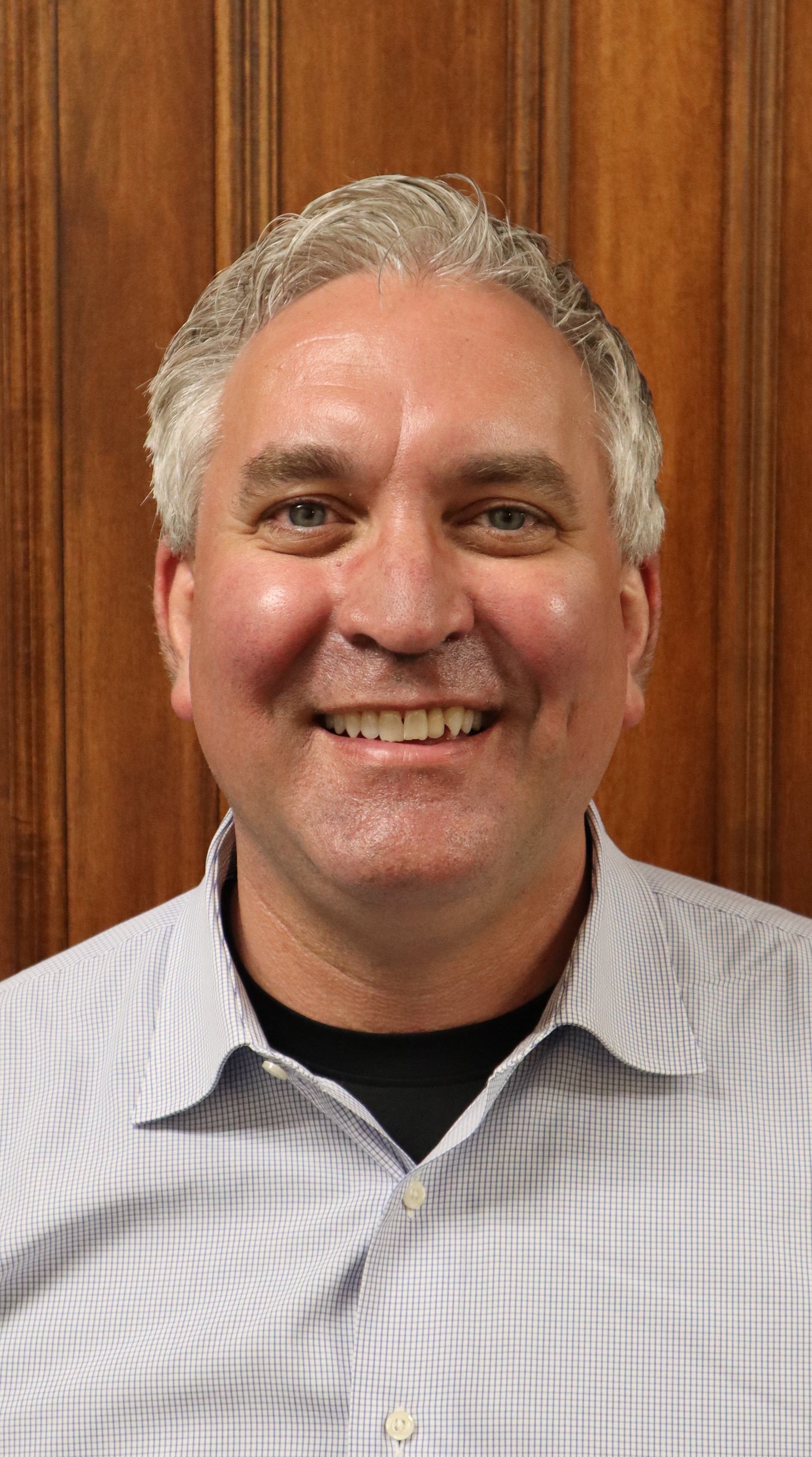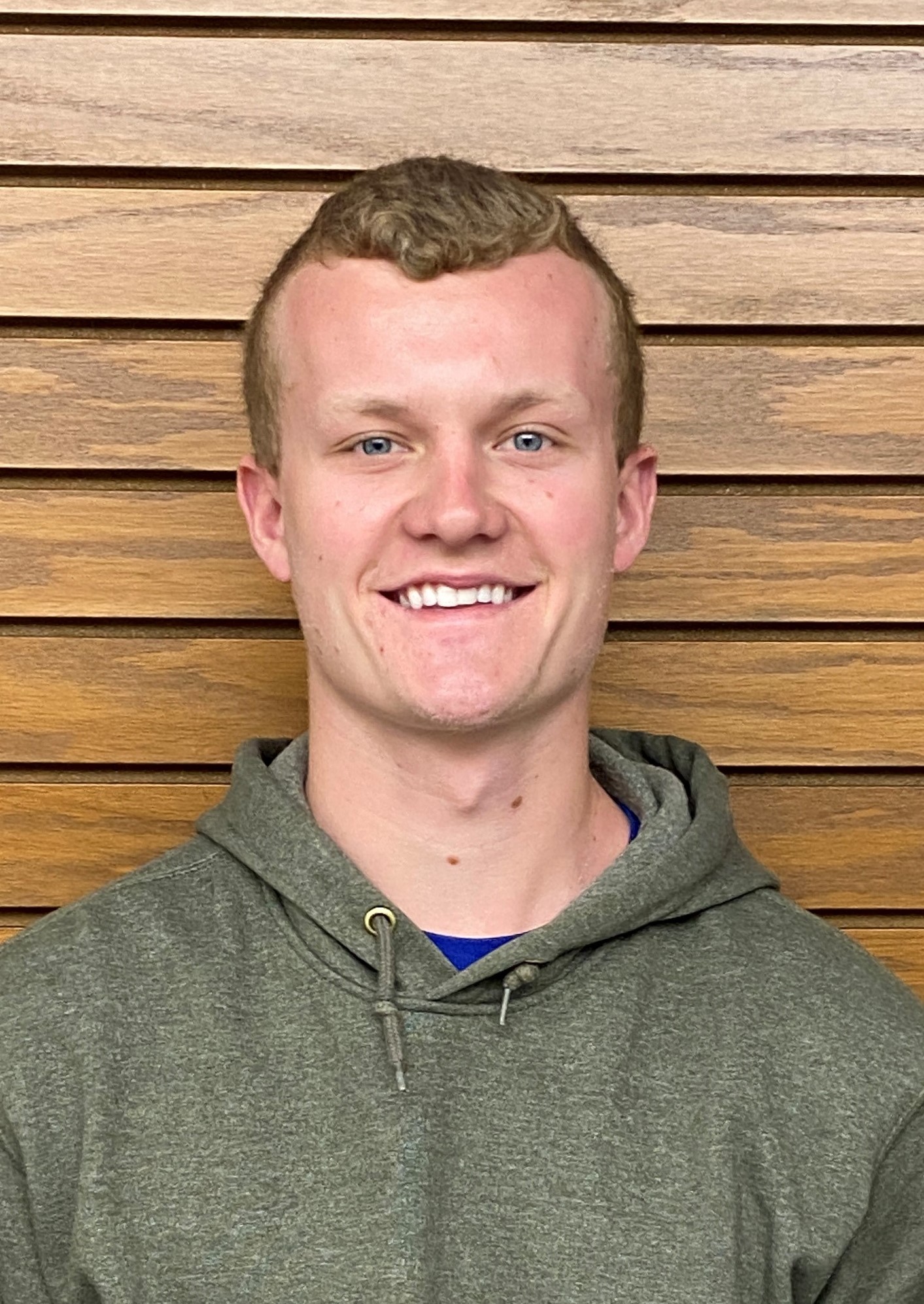Category: Member News
Learn who’s growing, changing, moving and more! Stay on top of what’s new with your neighboring businesses. We share news releases and announcements from your peers in the Madison area. Want to toot your own horn? Use our Submit Member News form to share your own stories.
Photo by Richard Hurd
Keller Hires Ferguson as a Project Manager, Kiekhaefer as a Concrete Flatwork Craftsman
Contact:
Katie Mangin, Director of Marketing
920-759-3335
Keller Hires Ferguson as a Project Manager, Kiekhaefer as a Concrete Flatwork Craftsman
Kaukauna, WI — KELLER, Inc., a Design/Build General Contractor with offices in the Fox Cities, Madison, Milwaukee and Wausau announces the hiring of Chad Ferguson as a Project Manager out of their Sun Prairie location.

In addition, Keller announces the hiring of Brody Kiekhaefer as a Concrete Flatwork Craftsman out of their Kaukauna location.

Photo by Richard Hurd
School of Madison Ballet reopens for in-person classes as of April 5
Over a year after COVID-19 closed their studios, the School of Madison Ballet is open for in-person classes as of April 5th, 2021. The phased reopening begins with the school’s most advanced Trainee level students, followed by School Division levels, with new groups being added each week through the end of the academic year. Children’s Division and adult Drop-In classes will begin in-person instruction in Summer 2021.
“We are deeply committed to keeping our students, families, and staff as healthy as possible,” says Rachelle Fochs, Director of the School of Madison Ballet, “so our team has created a reopening plan that allows students who want in-person instruction to return to our studios with policies that minimize the risks. Because every family has unique needs, we’ll continue to offer both in-person and virtual instruction throughout the summer.”
As part of the reopening, class sizes are strictly limited to ensure adequate physical distancing. Additional COVID-19 protocols are based on recommendations from the CDC, state and local agencies, and best-practices specific to the field of dance.

Registration Information
To register, visit the School of Madison Ballet enrollment portal or madisonballet.org/enroll.
For nearly 40 years, Madison Ballet has been an integral part of the vibrant Dane County arts community. Full scale productions of inspiring traditional ballets, innovative contemporary performances, and the timeless holiday tradition of “The Nutcracker” reach more than 13,000 people each year. The School of Madison Ballet empowers students of all ages and skill levels with the poise, confidence, discipline, and fundamental life skills intrinsic to the study of dance. Outreach programming, presented in partnership with dozens of local school and community groups, enriches thousands of young people’s lives by introducing them to the joy of dance.
Contact: Gretchen Bourg, Managing Director
Phone: (608) 571-7670
Email: gretchen@madisonballet.org
Photo by Richard Hurd
Broihahn Management & Consulting Celebrates 20 Years of Building Communities One Person at a Time
Madison, WI- Broihahn Management & Consulting, LLC (BMC) announced its 20th Anniversary providing excellence in property management and practical consulting services to property owners. Founded in 2002, with twenty years of property management experience under her belt, Sue Broihahn was determined to provide fair and equitable housing to people, regardless of income, age, race, ethnicity, religion, sex, marital status or sexual orientation deserves a safe and well-maintained place to call home.
BMC’s portfolio has grown exponentially from managing a few residential properties to now caring for several residential homes, 9 condominium communities and 16 apartment locations throughout southern Wisconsin and has a staff of 23 full and part-time employees.
“The pandemic has made it difficult for our residents and owners. We manage a wide variety of properties from seniors and disabled, to individuals, families and owner occupied. As we learn of community resources and assistance programs, our staff shares that information with our residents. The last thing we want is to have anyone experience hardship or homelessness during this time.” says, Sue B., owner of BMC.
With over 40 years of experience, their recipe for success is knowing when people from all walks of life live amongst one another and a sense of community is nurtured, people find commonalities, develop healthy relationships and the community thrives. This is more important than ever today, with the difficulties we see regularly on the local, state, and national news.
Our celebration will continue throughout the year with generous referral bonuses, contests, social distancing events, and expanding our partnerships with area businesses.
###
If you would like more information, please contact:
Cyndi Wood, Communications Director at (608) 220-7092 or cyndi@bmcmadison.com.
www.bmcmadison.com
Photo by Richard Hurd
Wisconsin Union: Student-Led Organizations Will Host Free, Virtual Discussion With Critically Acclaimed Rapper and Poet Noname
FOR IMMEDIATE RELEASE
March 26, 2021
Contact Information:
Shauna Breneman, Communications Director
Email: sbreneman@wisc.edu
STUDENT-LED ORGANIZATIONS WILL HOST FREE, VIRTUAL DISCUSSION WITH CRITICALLY ACCLAIMED RAPPER AND POET NONAME
Noname to discuss artistic expression in music and poetry, BIPOC and female empowerment during free event open to University of Wisconsin–Madison students, staff and faculty
MADISON – Rapper and poet Noname will discuss art and poetry, music, and the empowerment of BIPOC communities and women during a free, virtual, live event called “Music, Art & Poetry: A Conversation with Noname” on April 7 at 7 p.m. CDT.
All interested UW–Madison students, staff, and faculty are invited to register for this free event. Those interested in attending can register online here to receive the event livestream link in an email the day of the event.
Noname’s lyrical stylings have earned her wide acclaim as a rapper. A Chicago native, she got her start in poetry and music through frequenting open mic nights and slam poetry events, which allowed her to meet and learn from other artists, like Chance the Rapper and Mick Jenkins.
After collaborating with numerous music artists, Noname released her mixtape “Telefone” in 2016 to critical acclaim by Rolling Stone, Pitchfork, and more. Two years later, she released her debut album “Room 25,” which National Public Radio said offers “sharp commentary on race, identity, sex and politics.”
This event is organized and hosted by the Wisconsin Union Directorate (WUD) Publications Committee, the WUD Distinguished Lecture Series (DLS) Committee, the WUD Music Committee, the WUD Performing Arts Committee, The Black Voice, and the UW–Madison Division of the Arts.
Noname’s lecture is a part of a series of events making up the WUD Publications Committee’s Lit Fest, an annual week-long event. The event celebrates culture in literary work and storytelling. This week will include a compilation of workshops put together by the Committee’s five magazines and other speakers.
These workshops will invite the campus community to experience what happens behind the scenes and will invite attendees to explore the relationship between storytelling and creating content. This year’s theme is activism in the literary arts. Those interested in learning more about Lit Fest can find more information on those events here.
Those interested in attending this upcoming lecture can register here.
-###-
[Note: Click here to download a photo of Noname. Photo by Mark Peaced. Photo provided by Creative Artists Agency.]
To read this release online, visit union.wisc.edu/news/noname.
Photo by Richard Hurd
Stoughton Trailers to Host Vaccine Clinic
STOUGHTON, Wis. (Tuesday, March 30, 2021) — Stoughton Trailers, LLC, will offer a COVID-19 vaccine clinic for its employees at the company’s Plant 6 location, 1111 Veterans Road, on Friday, April 2.
Read the full press release here.






